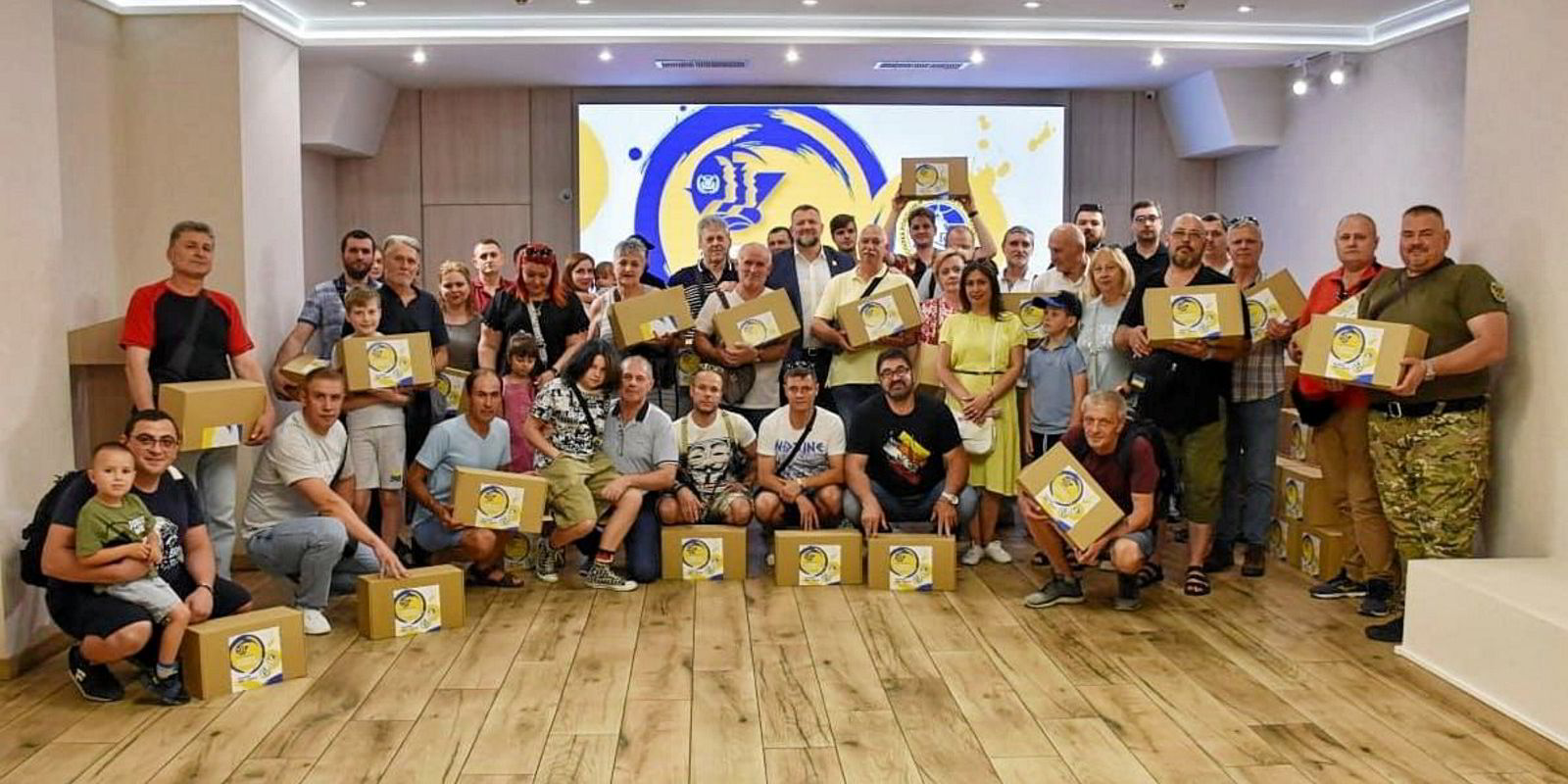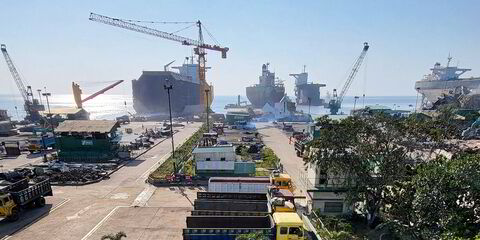Two Klaveness seafarers have revealed the impact of technological advances on their daily roles.
In an interview on parent group Torvald Klaveness’ website, the Klaveness Combination Carriers (KCC) pair said digitalisation has transformed the job.
Captain Robert-Dragos Valcica, a Klaveness veteran of 13 years, serves as master on the 82,000-dwt Cleanbu combination carrier Barracuda (built 2019).
Cadet Mary Jane Enhambre Siy Chuan is an electrical engineer on the ship.
She has sailed with Klaveness for almost a year.
They have had to deal with new technology for navigation, weather routing systems, remote monitoring technology, and digitising of records for more efficient storage and transfer of information.
Both agree the developments have triggered several transformations in the daily tasks and responsibilities of seafarers aboard.
Valcica said: “We have to be proficient in the use of various software, hardware, and communication systems, in addition to traditional navigation and maintenance tasks.”
“We must also be familiar with the latest regulations and environmental standards and implement them onboard,” he added.
Siy Chuan said growing environmental concerns means seafarers “must continually upgrade our skills to keep pace with the evolving demands of the shipping industry.”
Embracing technology
The cadet added: “Seafarers can embrace a more tech-savvy, environmentally conscious and innovative approach to their responsibilities.”
Skills needed today are digital literacy, environmental awareness, safety management, multicultural communication and a commitment to continuous learning, Valcica believes.
Siy Chuan said: “I have already undergone a continuous journey of skill development, having recognised the importance of technological proficiency in our rapidly advancing industry.”
She has taken it upon herself to master the operating and troubleshooting of digital systems and equipment onboard.
And with AI now making an entrance, more change is ahead.
Valcica envisions a future where seafarers embrace cutting-edge green technologies, optimise vessel operations for energy efficiency, and may be able to spend more time working onshore with remote systems.
He suggests “smart automation and digitalisation will enable more streamlined operations,” but points out that the seafarer of tomorrow will face new challenges, including cybersecurity risks and technical complexities.
Siy Chuang said: “Seafarers will need to enhance their digital and technological proficiency, focus on energy management, ensure environmental compliance, and adapt to evolving safety and emergency response measures.”
Real-world impact
She points to one incident as boosting her motivation to succeed in shipping.
Her vessel had experienced a power surge when sailing through rough seas.
The clock was ticking to restore normal power and maintain the carrier’s stability.
This showed the cadet “the real-world impact of my work, ensuring the safety and operational integrity of the ship”.
“The dynamic nature of the job, the opportunity to work with advanced technologies, and the camaraderie among the crew members inspired me to further develop my skills and contribute to a more sustainable and efficient shipping industry,” she added.




